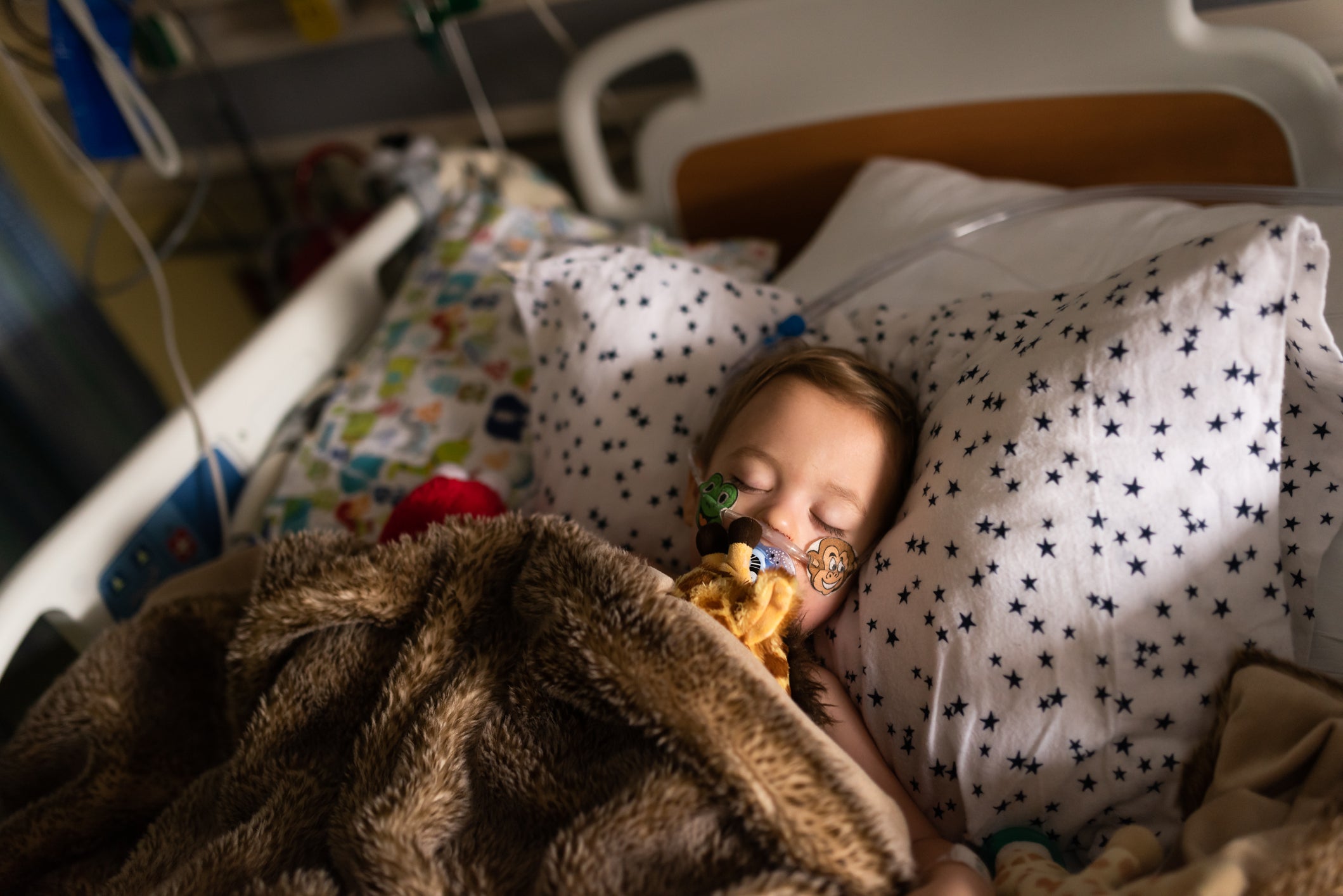
A US Food and Drug Administration (FDA) Advisory Committee (AdCom) has voted unanimously in favour of AstraZeneca’s and Sanofi’s respiratory syncytial virus (RSV) lower respiratory tract disease (LRTD) prophylactic nirsevimab for use in newborns and infants entering their first RSV season.
All 21 members of the Antimicrobial Drugs Advisory Committee (AMDAC) voted in support of the prophylactic’s risk-benefit profile in the target population, per AstraZeneca’s 8 June announcement. Although AdCom verdicts are considered by the FDA when it comes to approvals, they are not binding. The FDA accepted nirsevimab’s biologics license application (BLA) in January, with a PDUFA date penned for Q3 2023.

Discover B2B Marketing That Performs
Combine business intelligence and editorial excellence to reach engaged professionals across 36 leading media platforms.
There is a need for treatments for RSV as the infection results in significant illness in the paediatric population, Dr. Mary Anne Jackson, professor of pediatrics at the University of Missouri-Kansas City. Coupled with this, available clinical data shows that [nirsevimab] prevents a significant number of RSV cases, said Jackson, who voted yes at the 8 June meeting.
The drug performed “extraordinarily well” in a variety of cohorts, said Nimish Patel, PharmD, professor of clinical pharmacy at University of California San Diego. The single seasonal dosing of the drug is a large advance, he noted.
Also known as palivizumab, Sobi‘s Synagis was the first FDA-approved monoclonal antibody used in children at high risk of RSV disease. Synagis is indicated for infants at a high risk of contract RSV disease, and is dosed once a month during the RSV season.
After a long period without any new approvals, in May, the FDA approved GSK’s vaccine Arexvy for the prevention of LRTD caused by RSV in individuals 60 and older. On 31 May, the FDA also approved Pfizer’s vaccine Abrysvo in the same patient population.

US Tariffs are shifting - will you react or anticipate?
Don’t let policy changes catch you off guard. Stay proactive with real-time data and expert analysis.
By GlobalDataMarketed under the name Beyfortus in the EU, nirsevimab is a long-acting human recombinant monoclonal antibody. The European Commission approved nirsevimab in November 2022.
AstraZeneca and Sanofi have been involved in the development and commercialisation of the drug since 2017.
Though largely positive, two out of the total 21 committee members voted against the monoclonal antibody’s risk-benefit profile being adequate for children up to 24 months of age who remained vulnerable to severe RSV disease during their second season. One of the studies included in the data package was the Phase II/III MEDLEY trial (NCT03959488), which enrolled preterm infants with chronic lung disease and congenital heart disease, and was at the heart of this question.
More data and studies are needed to fully understand the risk-benefit profile in this group of patients, said Sally Hunsberger, PhD, biostatistician at the National Institute of Allergy and Infectious Diseases. While there is no question about the disease burden in this patient population, there is lacking nuance surrounding the study of the patient population with congenital heart disease in the MEDLEY trial, said Jackson.
Many of these patients undergo multiple different surgeries during the second year where they may have a complete exchange of blood volume, which could require a redosing, explained Jackson, who voted no on this question. Still, Jackson added she felt comfortable about available safety and pharmacokinetic information.
However, Dr. Steven King, professor of pediatrics at Northwestern University Feinberg School of Medicine, differed, saying that available data allows for extrapolation here.
The AMDAC reviewed data from three late-stage trials, which included the Phase III MELODY (NCT03979313) and Phase II/III MEDLEY studies.




